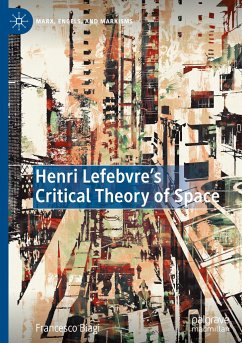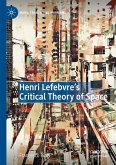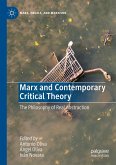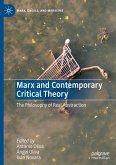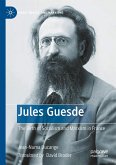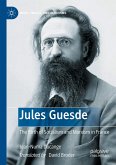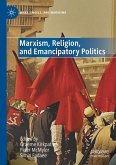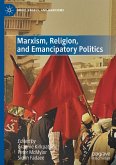Henri Lefebvre's Critical Theory of Space offers a rigorous analysis and revival of Lefebvre's works and the context in which he produced them. Biagi traces the historical-critical time-frame of Lefebvre's intellectual investigations, bringing to light a theoretical constellation in which historical methods intersect with philosophical and sociological issues: from Marxist political philosophy to the birth of urban sociology; from rural studies to urban and everyday life studies in the context of capitalism. Examining Lefebvre's extended investigations into the urban sphere as well as highlighting his goal of developing a "general political theory of space" and of innovating Marxist thought, and clarifying the various (more or less accurate) meanings attributed to Lefebvre's concept of the "right to the city" (analysed in the context of the French and international sociological and philosophical-political debate), Henri Lefebvre's Critical Theory of Space ultimately brings the contours of Lefebvre's innovative perspective-itself developed at the end of the "short twentieth century"-back into view in all its richness and complexity.

